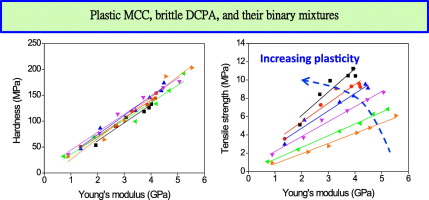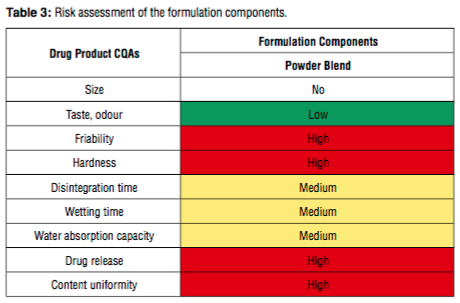- Home
- Blog
- News
- Basics
- Sources
- Agencies, Regulatory & Organisations
- CERSI Excipients Browser
- Excipient Report
- Excipient DMF List
- EXCiPACT Certified Companies
- Excipient Documentation
- Excipient EINECS Numbers
- Excipient E-Numbers
- FDA Inactive Ingredient List
- FDA GRAS Substances (SCOGS) Database
- IPEC Americas
- USP - U.S. Pharmacopeia
- Definitions
- Whitepapers / Publications
- Supplier
- Services
- Media
- Events
- 1st pharmaexcipients Poster Award
- Event Calendar
- Events featured by pharma-excipients
- 4th Annual Formulation & Drug Delivery Congress
- DDF Summit
- ExcipientFest Americas
- ExcipientFest Asia
- Global CompliancePanel
- International Conference and Exhibition on Pharmaceutics & Novel Drug Delivery Systems
- Formulation & Drug Delivery USA Congress
- Laboratory Medicine 2018
- Making Pharmaceuticals Europe
- Making Pharmaceuticals Exhibition
- Pharma Integrates
- PharmaExcipients China @CPhI China
- TTC Technology Training Center
- Jobs
- Online Sourcing
- Contact
01. September 2018
Flow properties of microcrystalline cellulose (MCC) excipients, Avicel PH 101 and Avicel PH 102 have been compared by using Brookfield PFT. Afterwards, the effect of hydrophobic Silica R972 as glidant has been tested on both the excipients. Hand blending is done by mixing MCCs with hydrophobic silica R972 vigorously by SAC as an underlined basis for 10 minutes and the flow properties tests are performed. During the flow function test “as received” Avicel PH 102 shows better flow function...
05. March 2018
Mechanical properties of pharmaceutical materials, e.g., Young's modulus (E), indentation hardness (H), and tensile strength (σ), play an important role in powder compaction process. However, few studies investigated the relationship among these parameters and consequence for tablet compression. Using microcrystalline cellulose, a plastic material, and dibasic calcium phosphate anhydrate, a brittle material, as well as their binary mixtures, we systematically examined the relationship among the
12. February 2018
There is considerable interest in formulations with high active pharmaceutical ingredient (API) load, for reasons including lower patient tablet burden and therefore, potentially improved patient adherence. This remains a challenge not least because most APIs are poor flowing.
25. November 2017
In this study, within the framework of Quality by Design which is a systemati- cally scientific approach which enables to understand and control the production and formulation variables during the process design and development, different parameters in the formulation and production process were detected and criti- cal process parameters and critical material attributes were determined via risk evaluation methods. Then, different oral disintegrating tablet formulations were prepared and tested b




